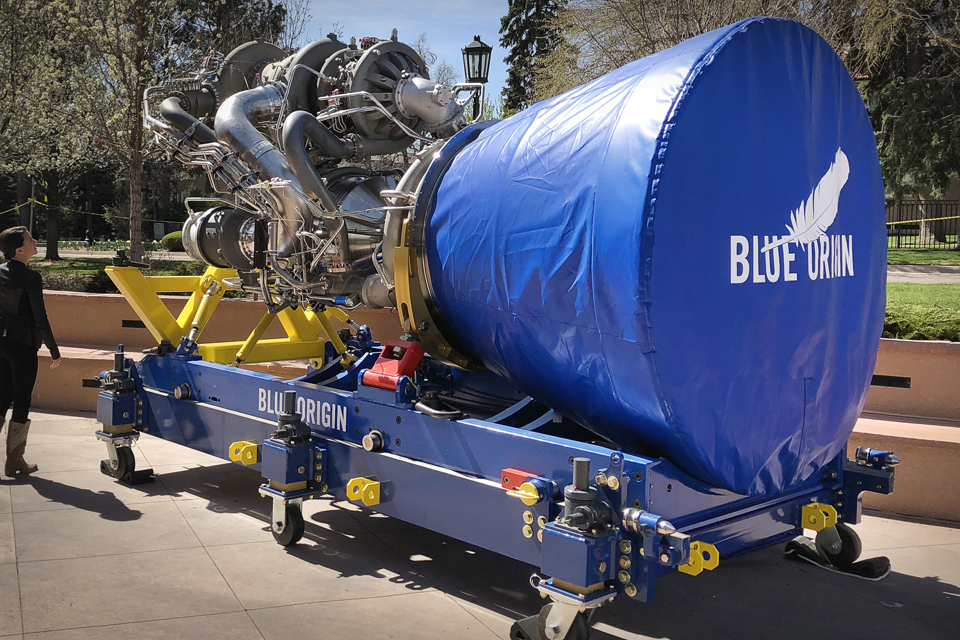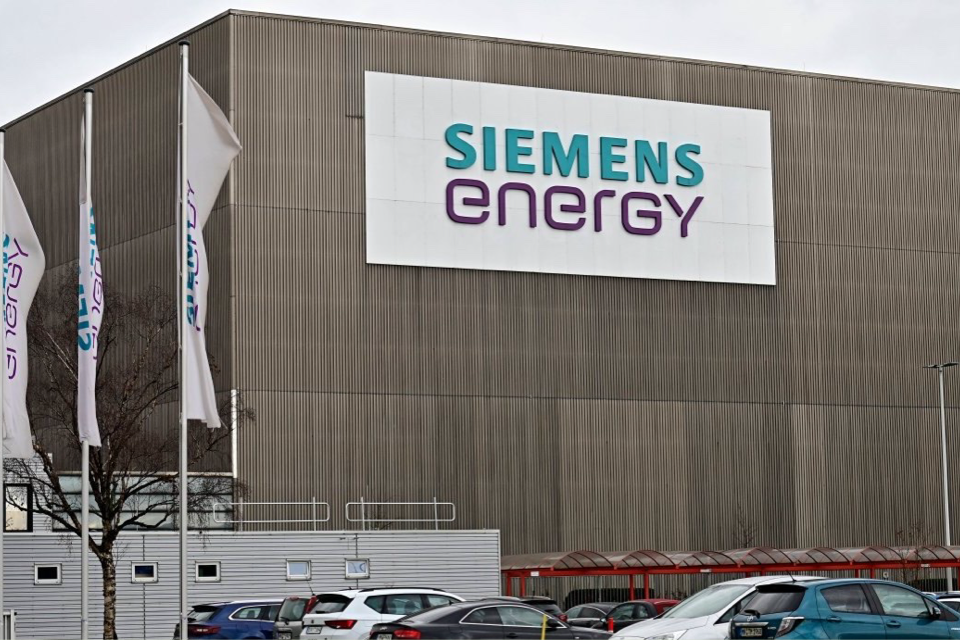Blue Origin's Rocket Engine Fire Delays Crucial Delivery, ULA Affected
- Wednesday, July 12, 2023

Key Points
- Blue Origin engine fire may delay crucial delivery
- BE-4 engine caught fire during testing
- United Launch Alliance affected, engine likely to be demolished
Late this month, one of Blue Origin LLC's next-generation rocket engines caught fire during testing, which might postpone the delivery to a crucial client.
The event took place at Blue Origin's West Texas location and involved a BE-4 engine. The Jeff Bezos-backed company said there were no injuries and that it was trying to determine what exactly went wrong.
A principal launch provider for the US Department of Defense by the name of United Launch Alliance is the intended customer for the engine. The BE-4 unit will likely need to be demolished, according to Tory Bruno, the company's chief executive officer, after the engine "caught fire and was severely damaged."
Failures, according to Bruno, are common during what's known as acceptance testing, which Blue Origin must carry out to make sure the engine is fit for use. On social media, the CEO said that there was a rapid cure for the problem. However, a significant enough issue could cause delivery schedules to slip.
Blue Origin stated that it still anticipates fulfilling its obligations to supply engines this year. Without giving any other information, it also stated that a "proximate cause" had been found and that corrective measures were being developed.
CNBC published the initial story on the BE-4 incident. According to sources acquainted with the incident, the accident was described by the news outlet as an explosion that took place 10 seconds into the engine test.
For the past ten years, Blue Origin has been working on the BE-4 as the main engine for their next New Glenn rocket, which will be used to launch satellites and eventually people into Earth's orbit. In addition, Blue Origin is giving ULA the BE-4 engine to put in its upcoming Vulcan rocket, which is anticipated to make its first flight later this year.
On the Vulcan's second flight, ULA intended to employ the BE-4 that had the testing problem as one of the two primary engines. According to Blue Origin, "ULA was immediately made aware" of the problem.
The engines for the Vulcan's planned inaugural flight were delivered by Blue Origin last year, much later than anticipated. According to ULA, those BE-4s have passed acceptance testing and are qualified to carry out the mission.
According to a representative for ULA, the Certification-1 flight is unaffected by the fire that occurred last month. One of two missions ULA will carry out to certify the Vulcan for use in national security space missions is the vehicle's first launch.
Two satellites will be carried by Certification-1 as part of Project Kuiper, an Amazon.com Inc. endeavor to increase broadband access. Additionally, it will transport a commemorative payload for a firm called Celestis as well as a lunar lander created by Astrobotic Technology.



